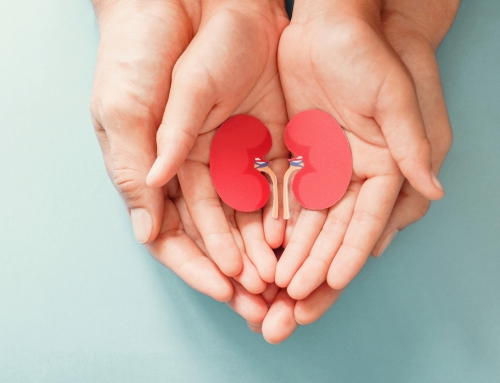By Amy Walters, PhD, Licensed Psychologist
Below is a summary handout about understanding and helping the caregivers in our life.
What We Know About Caregivers
- Report feeling overwhelmed, frustrated and lonely
- Report high levels of stress and depressed symptoms
- Are tired and sleep deprived
- Have higher rates of illness (2x higher) but seek medical attention less often
- Often neglect their own self care
- Experience more relationship conflicts
- Feel a sense of loss – independence, freedom, dreams for the future
- Attitude matters – those who believe they are not effective have higher levels of stress and depression
- Strong social support systems serve as a buffer for stress, depression, and illness
What We Can Do
Think EASY
“E” – Expectations
- Communicate – discuss goals, roles, needs for help
- Manage – approach each day as “wait and see”
- Prepare for physician visits – What are my questions? What do I need?
- Prepare yourself for the journey – attitude sets the tone
“A” – Adaptations
- Be flexible
- Be open to change – in treatment, plans and dreams
- Allow yourself to grieve your losses and dream new dreams
“S” – Support
- Create an active network (in person, phone, computer)
- Educate yourself
- Develop a strong professional care team
- Nurture your relationships – “chronic illness isn’t for sissies”
- Ask for help
“Y” – You (self care)
- Self care is a necessity, not a luxury
- Exercise and be active
- Sleep
- Laugh-humor is a powerful stress reliever
- Develop outside interests
- Monitor emotional and physical health and seek medical care
- Practice stress management




